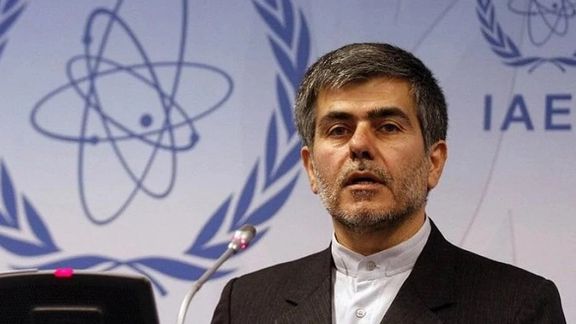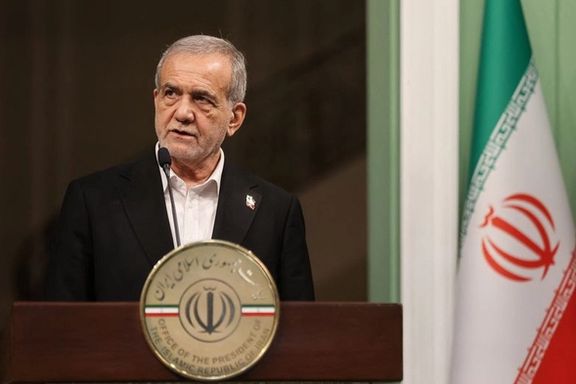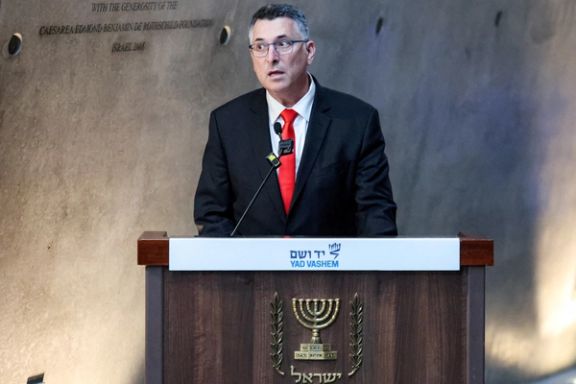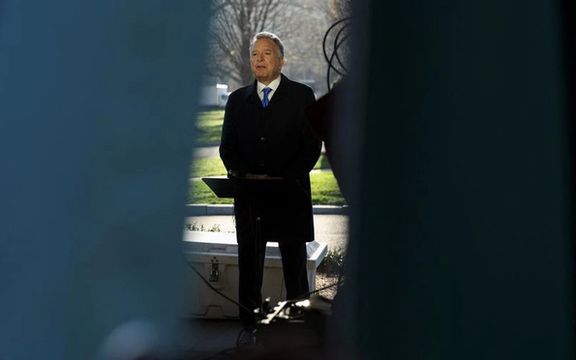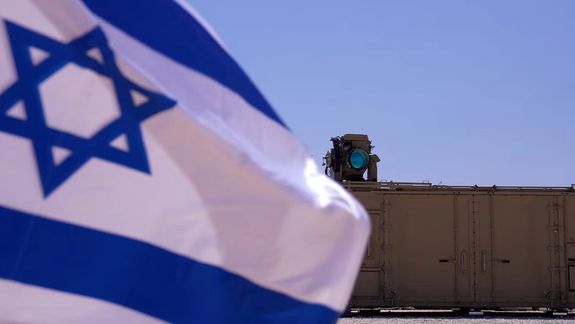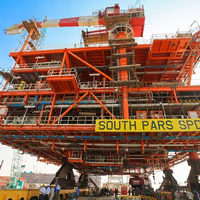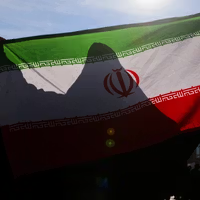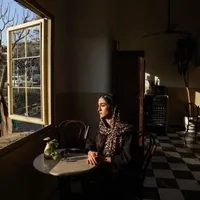In a televised interview on Monday, Ali Larijani suggested that if Iran were attacked and public demand for nuclear weapons emerged, even the Supreme Leader’s religious decree (fatwa) against weapons of mass destruction could be reconsidered. Nonetheless, he insisted that Iran is not pursuing nuclear arms and remains committed to cooperating with the International Atomic Energy Agency (IAEA).
Khamenei’s ruling was presented by Iranian officials at the International Conference on Nuclear Disarmament in April 2010. But such religious decrees could be altered or overturned given the ‘requirement of time and place’ as many historical instances prove.
Many hardliners and ultra-hardliners in Tehran—typically staunch critics of the moderate conservative Larijani—have embraced his remarks on social media.
“Had any other political figure raised the possibility of the Islamic Republic moving toward nuclear weapons, they would have been accused of warmongering or bluffing. Dr. Larijani’s decision to bring it up was a wise move and a timely act of sacrifice,” wrote Vahid Yaminpour, a prominent ultra-hardliner and former state television executive, on X.
“The Iranian nation wants nuclear weapons,” declared Seyed Komail, an ultra-hardliner social media activist with 27,000 followers, in response to Larijani’s remarks.
Abdollah Ganji, former editor of the IRGC-linked Javan newspaper, dismissed concerns over potential US or Israeli strikes, arguing that Iran’s nuclear facilities are too deeply fortified to be destroyed. He warned that an attack could lead to Iran's withdrawal from the Non-Proliferation Treaty (NPT) and retaliation against US military bases and Israel.
However, Larijani’s remarks stand in contrast to official government positions. Soon after his interview, Iran’s Foreign Minister Abbas Araghchi reaffirmed on X that Iran “under no circumstances” would seek, develop, or acquire nuclear weapons, emphasizing that diplomacy remains the best course of action.
Nour News, an online outlet believed to be affiliated with Iran’s Supreme National Security Council (SNSC), also weighed in, questioning whether the US is prepared to face the consequences of further escalation.
Larijani’s statements have drawn strong criticism as well. Detractors argue that such rhetoric provides the US and Israel with an excuse to justify pre-emptive military action. “The Leader’s fatwa prohibiting nuclear weapons is absolute and without exceptions,” posted cleric Saeed Ebrahimi on X, adding that raising the prospect of nuclear bombs would only give Iran's enemies justification for aggression.
Mohammad Rahbari, a prominent political commentator in Tehran, suggested that Larijani’s remarks signaled Iran may be alarmingly close to nuclear capability—precisely the kind of pretext Israel has been seeking for a preemptive strike. Senior reformist journalist Mohammad Sahafi also warned that such nuclear posturing could alienate potential allies who might otherwise support Iran in the face of Western pressure.
“Larijani's comment was unprofessional and came from a position of weakness; it had no merit. It also gave the other side an excuse to have strong reasons for pre-emptive action and to shape a global consensus. In short, if we are concerned about our homeland, we should not take such a reckless stance,” Hemmat Imani, an international relations researcher in Iran, wrote.
Others speculate that Larijani’s remarks are part of ongoing indirect negotiations with Washington. “Ali Larijani’s ‘warning’ should be seen as a calculated move in high-level negotiations,” suggested Iranian environmental journalist Sina Jahani.
Describing Larijani’s remarks as “a form of nuclear blackmail the Islamic Republic has used as a tool of threat for years,” Arvand Amir-Khosravi, a Norway-based academic and monarchist, wrote on X that the threat was “nothing more than a propaganda ploy to gain leverage in potential negotiations,” adding that pursuing nuclear weapons would invite military retaliation rather than enhance Iran’s security.
The United States Office of the Director of National Intelligence reported in November 2024 that, as of September 26, Iran was not actively building a nuclear weapon. However, last month, Rafael Grossi, director general of the International Atomic Energy Agency (IAEA), described Iran’s nuclear program as extremely ambitious and wide-ranging. He warned that the country's uranium enrichment had reached near weapons-grade levels and was alarmingly close to the threshold for acquiring nuclear weapons.
